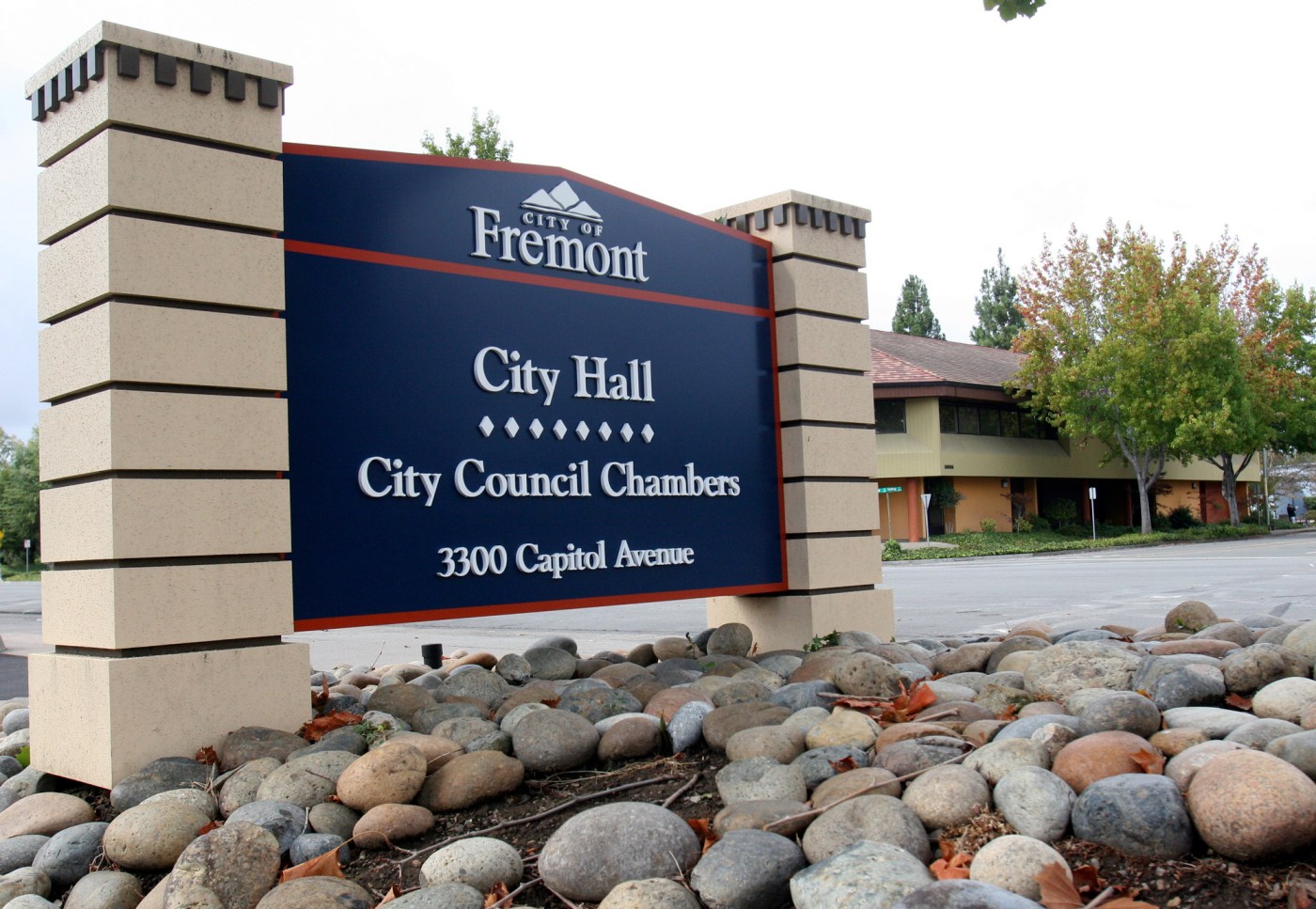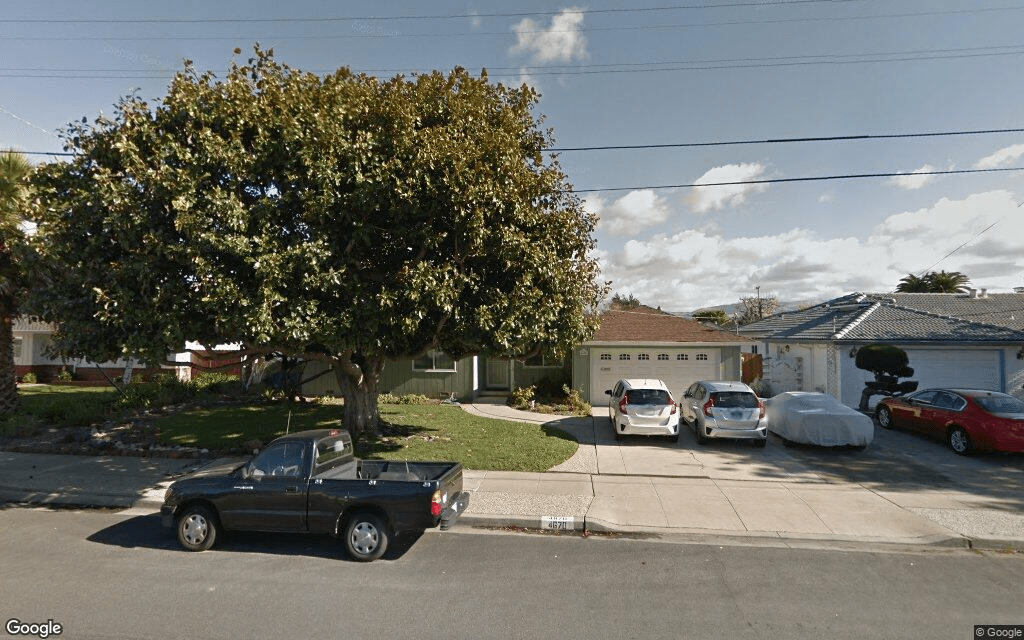FREMONT — Mayor Raj Salwan said Fremont’s future is “filled with hope” during his first State of the City address as mayor this week.
Before a packed room in the recently constructed event center Wednesday night, Salwan said the city’s priorities are economic development and financial stability, public safety, ending homelessness and environmental sustainability. Salwan noted that residents can expect further retail growth in the downtown area, as well as investment in new parks.
“We are ambitious, diverse and unified by a shared believe that our best days are still ahead,” Salwan said. “Let me be clear — we are just getting started.”
Salwan bragged about a flourishing tech manufacturing sector, with several companies planning expansions or transfers into the city, such as Pebble, Penguin Solutions, Sony Honda Mobility’s Afeela electric car company and more. Fremont plans to welcome an expansion of electric flying passenger vehicle company called Wisk Aero, which is based in Mountain View, he said.
The mayor, who is a veterinarian by trade, received applause when he mentioned the city’s efforts to hire a new full-time veterinarian for the Tri-City Animal Shelter.
Salwan, who championed the hotly contested citywide camping ban, said leaders need to attack homelessness “at its root cause,” which is a lack of affordable housing in the region. He noted the opening of a new 54-unit affordable housing development, the Fremont Family Apartments at 34320 Fremont Blvd., as one of the city’s efforts toward addressing homelessness.
Four other developments — Bell Street Gardens, Osgood North, Osgood South and Serra Apartments — have finished leasing and are expected to open this spring or summer. Bell Street Gardens will have 126 units, Osgood North 111 units, Osgood South 99 units and Serra Apartments 178 units.
Fremont Mayor Raj Salwan (Photo courtesy of Raj Salwan)
“When we talk about homelessness, we must acknowledge the complexity of the topic,” Salwan said. “Homelessness does not look the same for everyone.”
The city recently passed a strict camping ban which prohibits homeless camping anywhere in Fremont. The ban caught the ire of local housing advocates who sued the city over an “aiding and abetting” clause that would have criminalized anyone who was caught helping homeless residents with gear and resources such as bedding or tents. The clause was removed from the ordinance and the litigation is currently still pending.
“I like the idea because it makes the community more safe,” Fremont resident Tao Xu said of the bans in an interview after Wednesday’s event. “I think the city is doing a great job.”
The 59-year-old who raised two children in Fremont said he is most interested in the city’s efforts to open new parks, bolster housing supply and improve business districts such as the popular Pacific Commons. He added, “I see a lot of progress.”
Nirva Kadakia, a Fremont mother, said she has lived in the city for over 20 years.
“I feel the city has really changed in a good way,” she said in an interview. “It’s definitely established itself as one of the really nice places to raise a family.”
As the owner of a small software company in Sunnyvale, she said she would like to see city officials invest more money and resources to bring more local small software and consulting companies to the area. She said that large companies get a lot of support where small businesses get less.
She said the city’s camping and RV bans are “essential,” but called the previous “aiding and abetting” clause a “misstep.” Kadakia said homelessness is something “that needs to be managed,” and said “some of these steps are important.”
“I think we need to continue to deal with these problems with empathy, but with pragmatism as well,” she said.
Her teenage son, Neel Jani, said in an interview that he sees the city “on an upwards trend.”
Jani said he wants officials to continue investments into its business districts, but noted he doesn’t feel there is a “real downtown in Fremont,” compared to other major cities in the region.
“We just feel like a residential city,” Jani said. “But we have to be more of a social city.”





